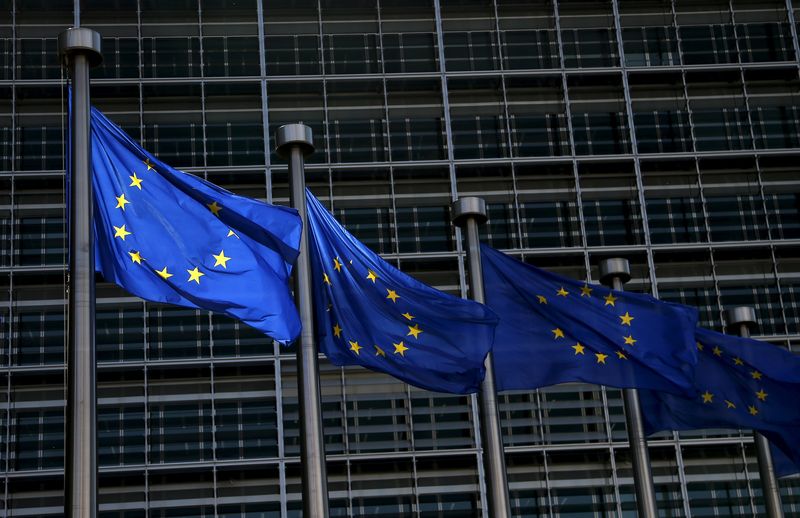
European Council president Charles Michel will unveil a compromise proposal next week in an effort to bridge divisions, said the official, who asked not to be named, in line with policy. Michel, who chairs the summits of EU leaders, will propose keeping the overall size the same, but the official declined to say if the current balance of grants to loans — 500 billion versus 250 billion, respectively — would change.
A bloc of richer member states, led by the Netherlands, wants to substantially reduce or eliminate the amount distributed in the form of grants that will be collectively repaid as of 2027 from the joint EU budget. Michel will propose offering the wealthier nations rebates that would limit the amount they contribute to the EU budget in an effort to win over their approval for the deal.
The proposed package, backed by Germany and France, could mark a giant leap in the European unification process, as it would see the EU’s executive arm issue billions of euros in debt on behalf of the entire bloc. While European markets have rallied on the expectation that the plan will eventually be approved, the proposal is mired in controversy, with nations at loggerheads over the size, the allocation and the conditions attached to the disbursement of funds.
Under the original proposal by the European Commission, Italy would get almost 82 billion euros in grants, making it the single largest beneficiary of the package, followed by Spain with 77.3 billion euros. In contrast, Northern countries, which are also projected to suffer from a record recession, would get a much smaller share of the pot, with the proposed allocation for Belgium set at 5.5 billion euros.
Following the pushback, Michel will instead propose next week that 70% of the total package is distributed in line with the commission’s proposal, while 30% will be distributed from 2023, depending on the depth of the recession in each country over the next 2 years. Overall, Michel will propose that countries have a total of 3 years to commit the funds to projects and another 3 years to spend it, according to the official.
The conditions attached to the disbursement of the money will also be strengthened, so as to make sure it’s used to help Europe’s climate and digital transition, the official said. There will also be safeguards against sliding democratic standards in member states such as Poland and Hungary, though the official declined to elaborate on the specifics of the mechanism that will be proposed for discontinuing disbursements in such cases.
In another concession to Europe’s rich North, Michel will propose modest cuts to the regular EU budget which runs at over 1 trillion euros over the next 7 years. The proposal is likely to trigger a pushback from Eastern EU members, which benefit the most in agricultural subsidies from the budget.
Michel’s proposal will form the basis for negotiations between leaders in a summit scheduled for July 17 and 18 in Brussels. The official didn’t exclude that another summit may be needed this month to bridge divisions, though he insisted that no such meeting is planned at this stage.
©2020 Bloomberg L.P.



